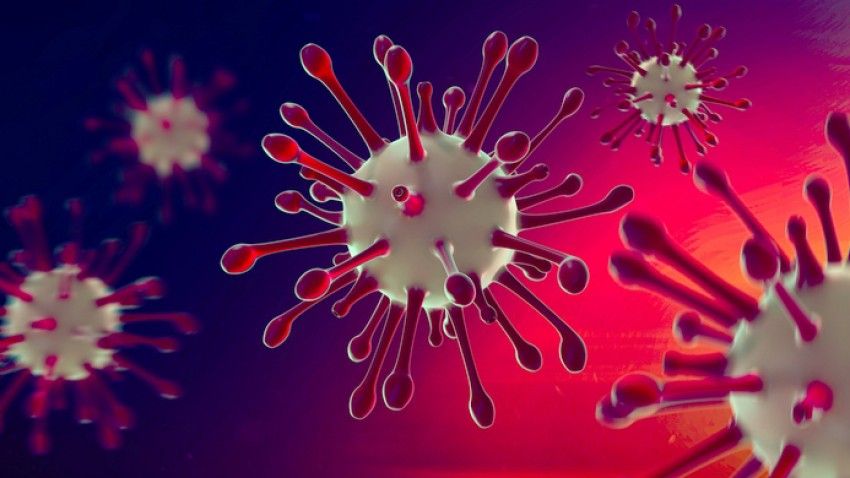Accurate and Affordable Genotype Imputation for Plant Breeding Based on Machine Learning
Advances in technology are enabling the collection of vast amounts of genetic and phenotypic plant data. This data can help explain the genetics of traits important in agriculture and contribute to the development of sustainable food systems. The long-term vision underlying this project is to understand how genetics and the environment determine phenotypes important in agriculture and use this knowledge to develop methods and protocols for improved plant breeding. Central to this effort will be the development of techniques and frameworks in machine learning that enable modeling complex genetic datasets. If successful, these efforts will enable breeding crops that are more nutritious, require less water and fertilizer, and resist disease, ultimately improving human and environmental health.
